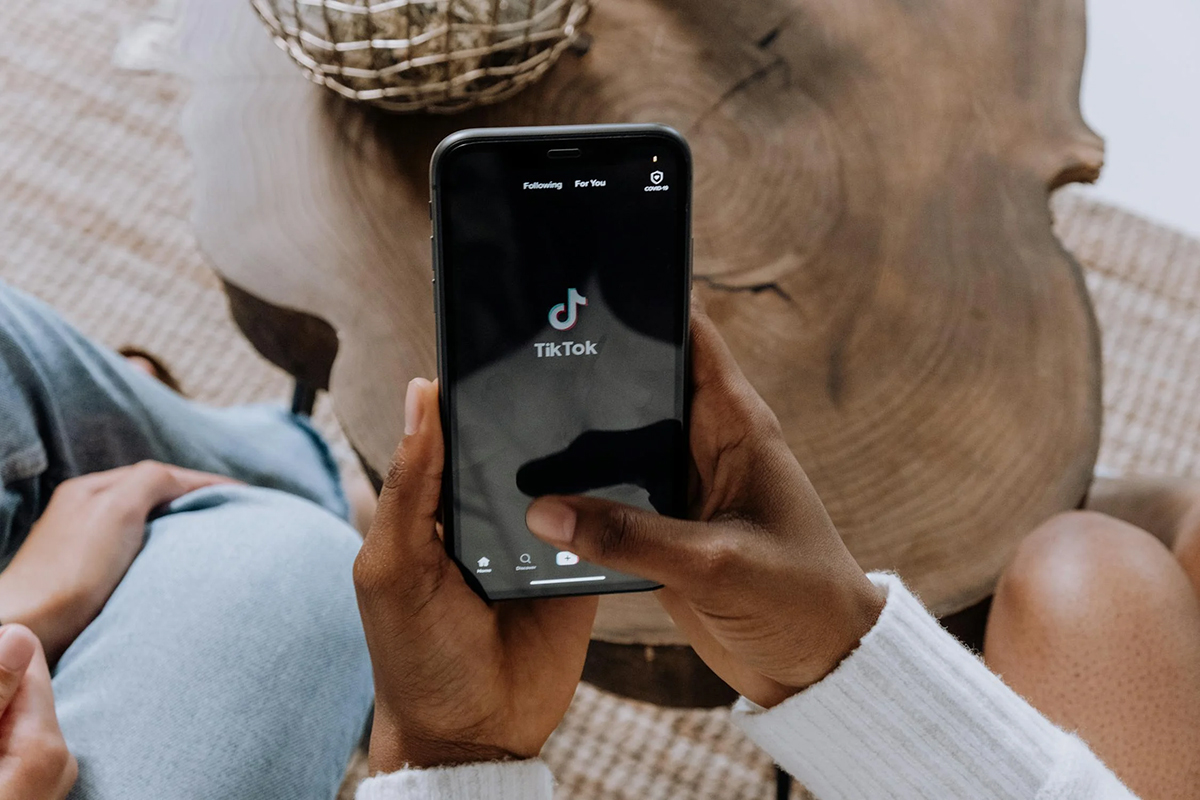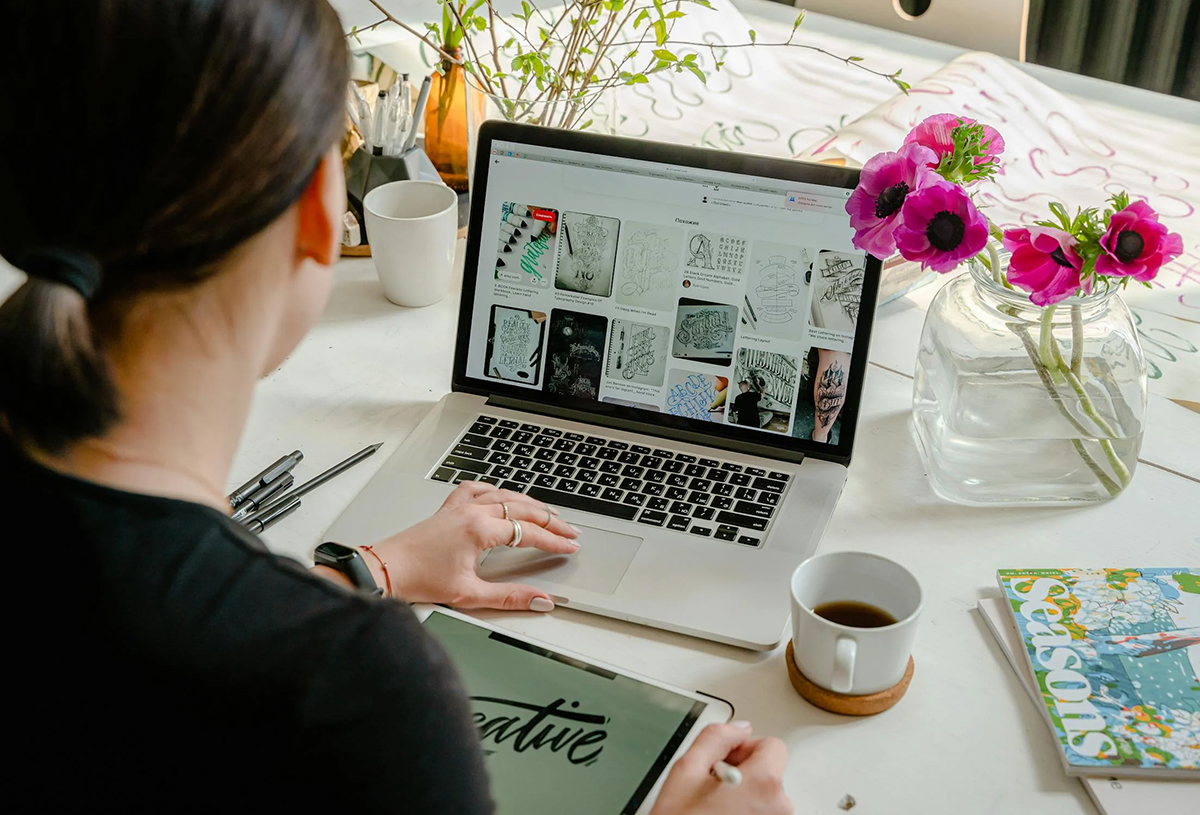
In today’s digital age, social media has become an integral part of our daily lives, offering connectivity, information, and entertainment. However, excessive use of social media can have detrimental effects on mental health and overall well-being. Research indicates that adults and adolescents spend significant amounts of time on social media platforms, with potential negative consequences such as decreased self-esteem and increased stress levels.
The Pitfalls of Social Media
Social media offers a platform for comparison, where individuals often measure their lives against idealized representations showcased online. This can lead to feelings of inadequacy, envy, and low self-worth. Moreover, exposure to negative or sensationalist news on social media can contribute to stress and anxiety levels.
- A 2022 study revealed that adults and adolescents spend between two to three hours daily on social media, totaling up to 21 hours per week.
- Heavy social media use among young people has been linked to adverse effects on self-esteem and mental health.
 Courtesy of Nicolas Lobos via Unsplash
Courtesy of Nicolas Lobos via Unsplash
Understanding Doomscrolling
One concerning phenomenon associated with social media usage is doomscrolling. Doomscrolling involves obsessively consuming negative news stories online, leading to heightened anxiety, stress, and a sense of hopelessness. During the COVID-19 pandemic, the prevalence of doomscrolling increased significantly as individuals sought constant updates on the crisis.
- Research indicates that even brief exposure to negative news on social media platforms can significantly impact individuals’ emotional well-being. Studies have shown that consuming just a few minutes of COVID-19 news can worsen mood and increase stress levels.
- Doomscrolling can create a cycle where individuals feel compelled to keep scrolling for more information, even though it contributes to heightened anxiety and negative emotions.

Importance of Social Media Breaks
Taking breaks from social media is crucial for maintaining mental health and reducing the negative impact of doomscrolling. By disconnecting from social media periodically, individuals can:
- Reduce stress levels and improve overall well-being.
- Break the cycle of constant comparison and exposure to distressing news.
- Reconnect with the present moment and engage in activities that promote relaxation and positive emotions.

While social media offers numerous benefits, it is essential to recognize the potential pitfalls associated with excessive usage. By taking regular breaks from social media and being mindful of doomscrolling behaviors, individuals can safeguard their mental health and well-being in an increasingly digital world.
Understanding the importance of moderation in social media consumption and recognizing the signs of doomscrolling can cultivate a healthier relationship with technology and prioritize individuals’ mental wellness.

